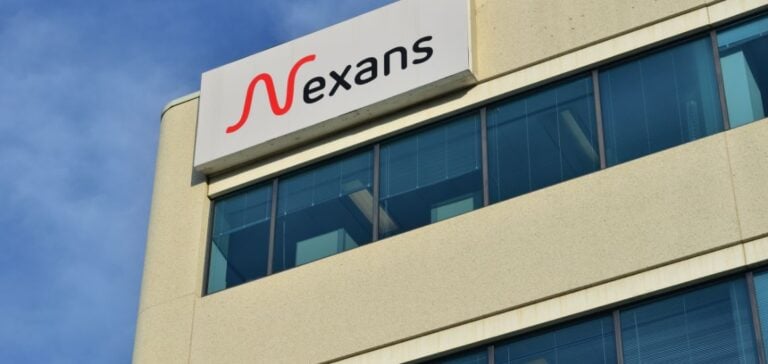The French cable manufacturer Nexans has unveiled ambitious financial targets for 2028, leveraging the global energy transition. During its investor day, the company announced a projected increase in its adjusted earnings before interest, taxes, depreciation, and amortization (adjusted EBITDA), reaching €1.15 billion in 2028, with a margin of uncertainty of €75 million. This performance would represent an increase of €350 million compared to 2024.
As part of this strategy, Nexans plans to invest €1.2 billion between 2025 and 2028. These investments will primarily focus on renovating and expanding aging electrical grids under the “PWR-Grid” sector, and connecting essential infrastructures such as wind and solar power plants and data centers via the “PWR-Connect” segment.
Returns and Strategic Acquisitions
The group anticipates a return on capital employed exceeding 20%, achieved through rigorous working capital management and controlled investments. Additionally, it expects to generate approximately €1.4 billion in cumulative cash flow before mergers and acquisitions between 2025 and 2028.
Nexans plans to maintain a progressive dividend policy, with a minimum distribution rate of 30%, and also intends to repurchase shares to limit dilution. On this matter, Christopher Guerin, the CEO, mentioned the imminent announcement of significant strategic acquisitions related to electrification.
Environmental Commitments and Recycling
In response to climate challenges, Nexans is committed to reducing greenhouse gas emissions by 42% for scopes 1 and 2 and by 29% for scope 3 by 2028, compared to 2019 levels. The group also aims to accelerate copper recycling, a critical material for electricity transportation, with the goal of increasing the share of recycled copper in its products from 5% in 2023 to 25% in 2028.
These announcements come in the context of global climate mobilization, coinciding with COP29, currently held in Baku, Azerbaijan.






















